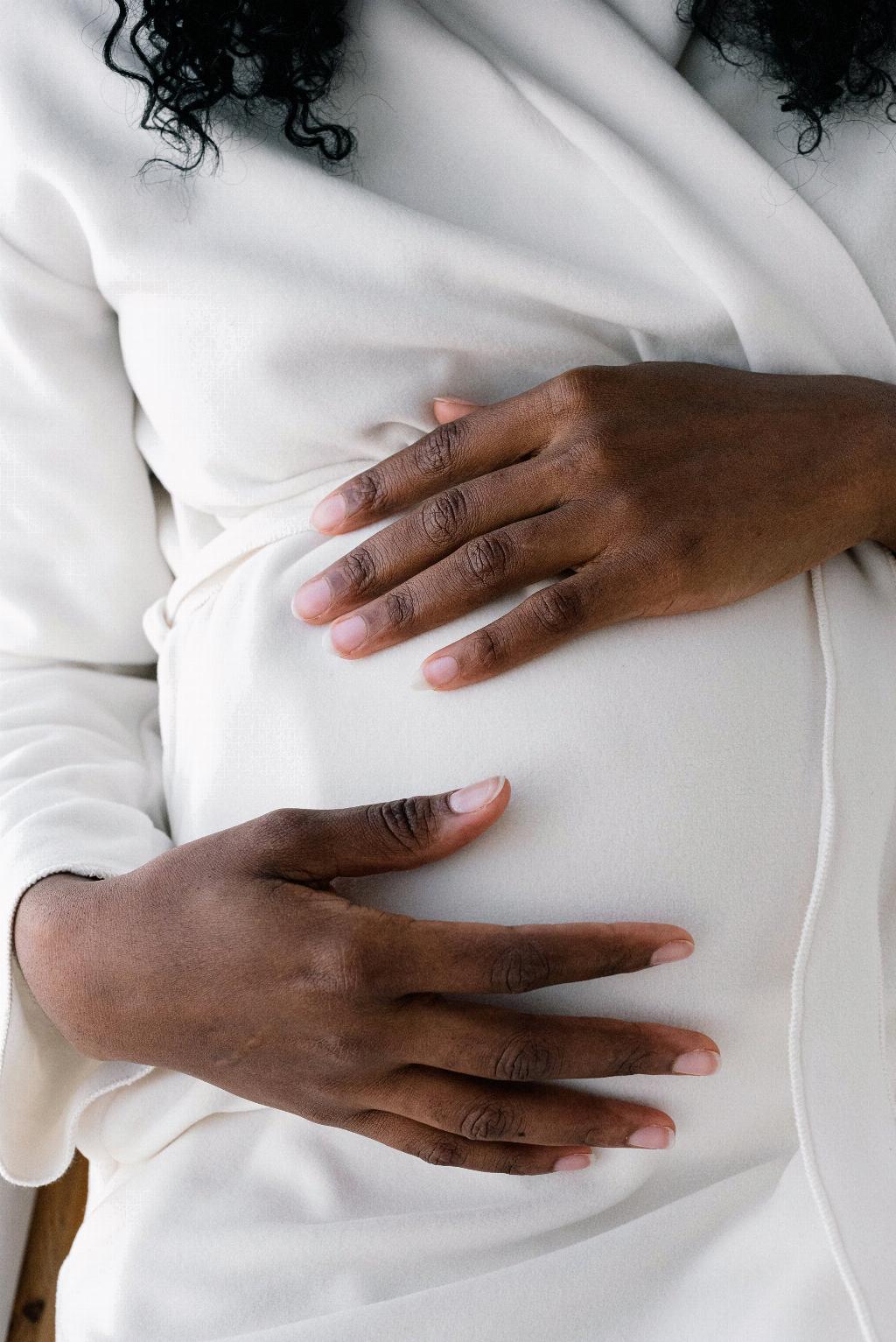Deciding when to stop drinking coffee during pregnancy can be a significant concern for many expectant mothers. The consumption of caffeine, found in varying amounts in beverages like coffee, tea, and soda, has been a topic of debate due to its potential impact on fetal development. Let’s delve into the intricacies of this matter to provide clarity on when it may be best to consider cutting back on your coffee intake during this crucial time.
It’s essential to recognize that caffeine is a stimulant that can easily cross the placenta, reaching the fetus. Studies have indicated that excessive caffeine consumption during pregnancy may be linked to various adverse outcomes, including restricted fetal growth, low birth weight, preterm birth, and even stillbirth.
The World Health Organization (WHO) acknowledges the potential risks associated with high caffeine intake during pregnancy. To minimize these risks, it recommends that pregnant women limit their daily caffeine intake to 300mg or less. This suggestion aligns with other health organizations and experts who stress the importance of moderation when it comes to caffeine consumption during pregnancy.
Considering the WHO’s recommendation, it’s advisable for pregnant women who regularly consume coffee to evaluate their caffeine intake. A standard cup of brewed coffee typically contains around 95mg of caffeine, but this amount can vary based on factors like the type of coffee and brewing method. Being mindful of your total caffeine intake from all sources is crucial in determining when to cut back.
Now, you might be wondering when exactly you should consider reducing or eliminating coffee from your diet during pregnancy. While there is no one-size-fits-all answer, many healthcare providers suggest that it’s advisable to start monitoring and potentially reducing your caffeine intake as soon as you discover you are pregnant or when planning to conceive.
Early in pregnancy is a critical time for fetal development, and making positive lifestyle choices can have a meaningful impact on the health of both you and your baby. It’s during this period that fetal growth and organ formation occur rapidly, underscoring the importance of taking proactive steps to safeguard your pregnancy.
If you’re accustomed to consuming multiple cups of coffee per day, gradual reduction may be more feasible and sustainable than sudden cessation. This approach can help mitigate potential withdrawal symptoms like headaches or fatigue that some individuals experience when cutting back on caffeine.
Additionally, it’s valuable to explore alternative beverages that offer a similar sensory experience to coffee without the caffeine content. Decaffeinated coffee, herbal teas, or fruit-infused water can be refreshing substitutes that still provide enjoyment without the caffeine-related concerns.
As your pregnancy progresses, remaining vigilant about your caffeine intake is essential. Regularly reassessing your consumption and adjusting as needed based on your healthcare provider’s recommendations can help ensure that you are providing the best possible environment for your developing baby.
In conclusion, the decision of when to stop drinking coffee during pregnancy is a personal one that should consider the well-being of both you and your baby. By being informed about the potential risks of excessive caffeine intake and heeding the guidance of healthcare experts, you can make thoughtful choices that support a healthy pregnancy journey.

